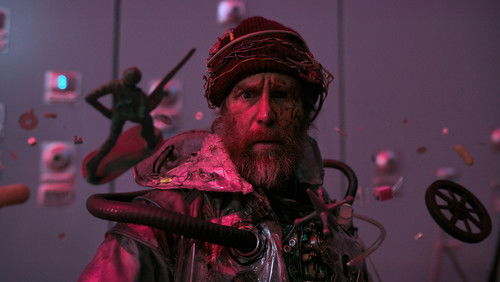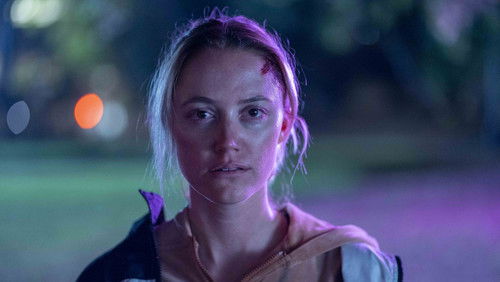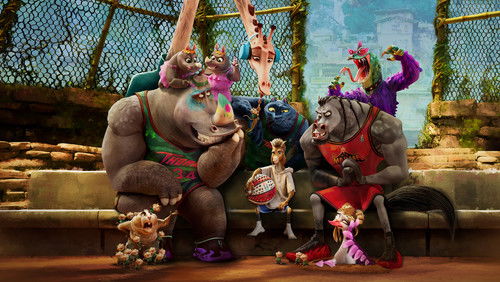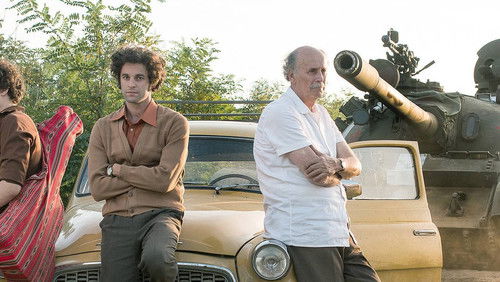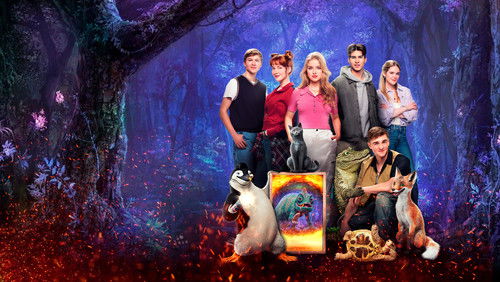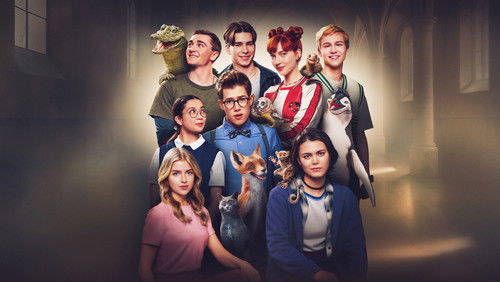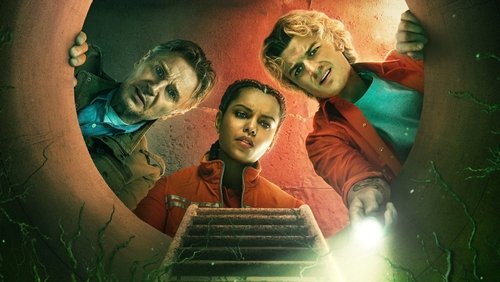Arabische Nächte (1942)
60KArabische Nächte: Directed by John Rawlins. With Jon Hall, Maria Montez, Sabu, Leif Erickson. The caliph of Baghdad must go into hiding with a group of traveling performers when his brother usurps the throne. Both brothers desire a beautiful dancing girl, who is torn between power and true love.
“I had long wanted to revisit this one since my one and only viewing of it had occurred long ago (back in the mid-1980s) and given that I am partial to Arabian Nights extravaganzas. Frankly, I was very disappointed that Universal decided to issue this one on DVD by itself a couple of years ago instead of releasing a Franchise Collection comprising several of its equally colorful follow-ups from the same studio; in the end, I didnu0026#39;t pick the disc up but, in view of the problematic copy I eventually ended up with, it would perhaps had been wiser if I did! In fact, when I first acquired it on DivX, there were severe lip-synch problems; this was remedied when I eventually converted it onto DVD-R but then there was intermittent jerkiness to the picture. Furthermore, when I played it on my Pioneer model, the picture froze with a loud buzz thankfully, this was not repeated when I placed it into my cheaper DVD player and even the jitters were less conspicuous! u003cbr/u003eu003cbr/u003eAnyway, this movie has a lot to answer for: it was the ideal form of cinematic escapism for WWII picturegoers and reaped big box office returns for Universal which ensured that they went back to the desert of Arabia for many more times thereafter in the next decade or so. Despite the generic title, the film isnu0026#39;t actually a filmic depiction of one of the classic stories but rather Universalu0026#39;s own concoction with every known ingredient thrown into the mix for added value: so it is that historical figures (Haroun-Al-Raschid) rub shoulders with mythical ones (Sinbad, Aladdin, Scheherazade) and are subverted or sanitized into the process. Dashing hero Jon Hall plays Haroun-Al-Raschid as a deposed Caliph seeking to regain his throne usurped by his villainous and seemingly love-crazed brother (Leif Ericson); the object of his unrequited affections is Scheherazade which is actually misspelled in the credits! played by the iconic u0026quot;Queen of Technicoloru0026quot; Maria Montez. Sinbad and Aladdin, then, are incongruously but humorously portrayed as amiable buffoons by familiar character actors John Qualen and Shemp Howard respectively; the latter is always on the point of spinning one of his seafaring yarns yet again before being shut up by his ill-tempered circus employer Billy Gilbert! The third lead role is taken by exotic Indian star Sabu who had already visited this territory in the quintessential Arabian Nights tale (and definitive film), the magnificent Alexander Korda production of THE THIEF OF BAGDAD (1940); what the film under review lacks in comparison to the latter is the omission of wizardry and special effects.u003cbr/u003eu003cbr/u003eAs I said, this formula proved so successful that Universal reunited variations of the star combo several times afterwards WHITE SAVAGE (1943), ALI BABA AND THE FORTY THIEVES (1944), COBRA WOMAN (1944; see above), GYPSY WILDCAT (1944), SUDAN (1945; also helmed by Rawlins) and TANGIER (1946). Another measure of its being welcome at the time of release is the fact that ARABIAN NIGHTS was nominated for 4 Academy Awards in these categories: art direction-set decoration, cinematography (this was Universalu0026#39;s first three-strip Technicolor production and, over 60 years later, the colors still leap off the screen), music (Frank Skinneru0026#39;s score is appropriately rousing) and sound recording. In this context, the choice of John Rawlins as director best known for the rather weak SHERLOCK HOLMES AND THE VOICE OF TERROR (1942) was a curious one but, in hindsight, he conducted the proceedings very capably.”

